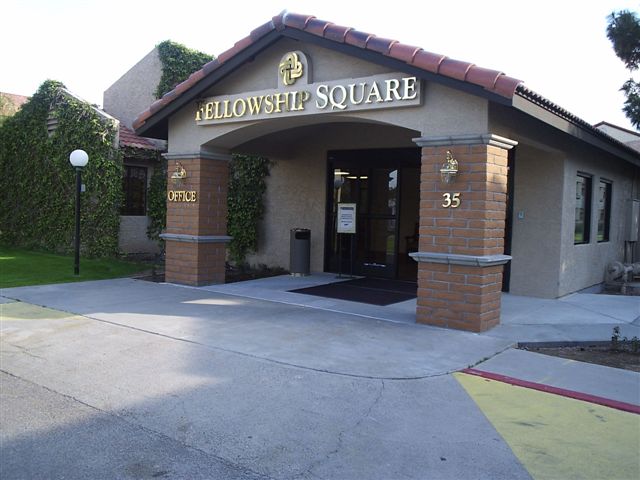Seniors and Heat Related Illness
We all know that summers in Mesa, AZ can get very hot. Many say it’s a small price to pay for the amazingly beautiful weather that we are blessed to enjoy nine months of the year. Well, very hot is about to become dangerous, especially for seniors. According to our latest forecast from the National Weather Service, central Arizona is under an Extreme Heat Warning with dangerously hot conditions and afternoon temperatures climbing to as high as 118 degrees for the next seven days. With this in mind, we want to make sure that our Fellowship Square Historic Mesa residents, staff, family members and others are aware of the dangerous consequences of heat exposure and how to prevent them. The following are listed in order of severity.
SUNBURN – Symptoms of sunburn are painful, red, warm skin and sometimes blisters. To treat sunburn, place cool cloths on sunburned areas or take a cool bath. Be sure to stay out of the sun until the sunburn heals. To prevent sunburn, stay out of the sun between 10 am and 4 pm when UV rays are the strongest. Wear a wide brimmed hat and other clothing that will protect your skin. Seek shade and wear sunscreen with sun protection factor (SPF) of at least 30. Choose a broad spectrum sunscreen that blocks both UVA and UVB rays and is also water proof or resistant. Apply 30 minutes before going outside and reapply every two hours.
HEAT CRAMPS – Symptoms of heat cramps include heavy sweating during exercise accompanied by muscle pain or spasms. To treat heat cramps, one should halt activity and move to a cool place. Drink plenty of water or a sports drink. Do not resume physical activity until the cramps cease. Consult a medical professional if the cramps last more than one hour, you are on a low sodium diet or you have heart problems. To prevent heat cramps, it is recommended to avoid strenuous exercise under hot conditions. If you work or exercise under hot conditions, be sure to maintain adequate fluid replacement by drinking plenty of water. A sports drink can also be very helpful.
HEAT EXHAUSTION – Symptoms of heat exhaustion include heavy sweating, cold, pale and clammy skin, a rapid but weak pulse, nausea or vomiting, muscle cramps, tiredness or weakness, dizziness, headache and fainting. To treat heat exhaustion, you should move to a cool place, loosen restrictive clothing, place cool, wet cloths on the body or take a cool bath and sip water. One should get medical help right away if vomiting, symptoms last more than one hour or if symptoms get worse.
HEAT STROKE – Symptoms of heat stroke include a high body temperature (over 103 degrees), hot/red skin, a rapid but strong pulse, head ache, dizziness, nausea, confusion or loss of consciousness. Call 911 immediately if heat stroke is suspected as this is a life-threatening emergency. Move the person to a cooler place and help lower their body temperature with cool cloths or a cool bath. You can also place cold water bottles under the arms, behind the neck or in the groin area to help lower temperature. Do NOT give the person anything to drink.
To help prevent against heat exhaustion or heat stroke, start by wearing loose fitting, lightweight clothing and protect against sunburn which affects your body’s ability to cool itself. Also be sure to drink plenty of fluids in order to stay hydrated which will keep your body sweating and in turn, help you maintain a normal body temperature. Lastly, stay in a cool place if possible and limit your physical activity.
Special Considerations for Senior Adults
At Fellowship Square Historic Mesa, we are especially concerned for our senior residents as they are at a greater risk of heat-related illnesses. Knowing the factors that increase risk could literally save a life. According to the National Institute on Aging, these factors include:
- Poor blood circulation and inefficient sweat glands
- Heart, lung, and kidney diseases, as well as any illness that causes general weakness or fever
- High blood pressure or other conditions that require changes in diet, such as salt-restricted diets
- Reduced sweating, caused by medications such as diuretics, sedatives, tranquilizers, and certain heart and blood pressure drugs
- Taking several drugs for various conditions (It is important, however, to continue to take prescribed medication and discuss possible problems with a physician.)
- Being substantially overweight or underweight
- Drinking alcoholic beverages
- Being dehydrated
With all of this in mind, our Executive Director, Rena Phillips had the attached communication distributed to our residents in order to increase their awareness of the danger.

